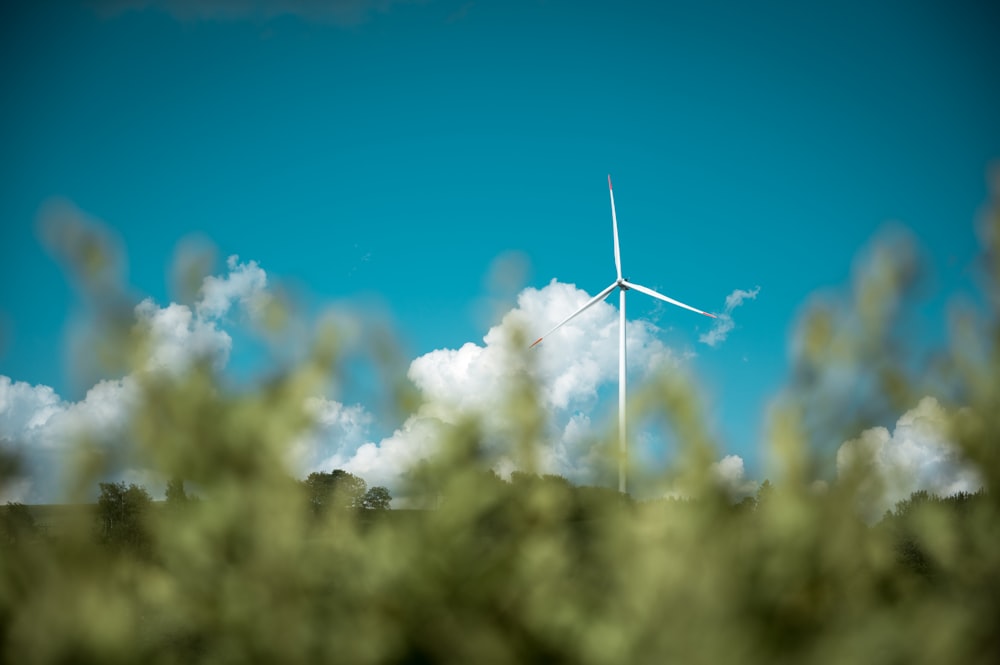10 Tips on How to Become Eco-Friendly & Sustainable

We live in a high-technology world of mass consumption, and it seems to be simply impossible to live in an eco-friendly way in such conditions.
However, it's quite easy. The main thing is to start with yourself.
The idea of being eco-friendly arose when the number of concerns related to the environment started to grow. The main principle of this idea is to reduce the amount of carbon dioxide released into the atmosphere and the prudent use of natural resources. This position allows you to do something useful for yourself and the planet and even allows you to save money.
This blog post will tell you how to become eco-friendly without radically changing your usual way of life.
What is environmental awareness?
Environmental awareness, or eco-consciousness, is a multi-component concept. It manifests itself in different ways: here is sorting garbage, and life in the Zero Waste style, when the amount of waste is reduced to the minimum possible, the rejection of unnecessary, often impulsive purchases, and the choice of alternative energy sources, and much more. At the heart of all this is, above all, concern for the environment. And she is always the focus of attention by default.
In other words, an eco-conscious person passes each decision through his own specific set of rules and requirements, understanding how it will affect nature. It's not that hard once you start and then it becomes a habit.
10 tips for those who want to become more eco-friendly
The eco-friendly lifestyle is, first of all, a conscious approach to the environment, which is already practiced by the whole world. In France, for example, recycling bins are in every yard. In German stores, for returning an empty plastic bottle, you can get the same filled one with a 15% discount. What can you do for the environment?
With our 10 tips, you can learn how to do less damage to the ecosystem, raise the quality of your life to a new level, and even start saving. The beginning of the journey might seem difficult, but the most difficult step is the first one. Remember the power of small steps – implement changes gradually so that the stress from sudden lifestyle changes is minimal.
- Don’t use plastic bags
Even though supermarkets introduced paid plastic bags, this does not stop anyone. People continue to pay for plastic that takes up to 700 years to decompose under favorable conditions. What can you do? Just put a few reusable bags or even a shopping bag in the car. Thus, when buying products, you will unload them at home, and use the bag again.
- Don't use packages unnecessarily
For example, products such as bananas, pineapples, or watermelon do not need packaging. It's not a product that you can't count on individually. For large fruits and vegetables, you can stick a price tag directly on the peel after weighing, and for the rest, use paper bags that decompose in a month and are accepted by all recycling centers.
- Prefer cardboard over plastic
The supermarket has a huge selection of all kinds of packaging. When choosing pasta, prefer those that are packaged in a cardboard box. Even if you don't sort your garbage (but we hope you will soon), cartons take 2-3 months to decompose.
- Sort trash
It's not easy, but set yourself a challenge. Get paper, plastic, and food waste containers at home. Separate glass bottles from plastic, and cardboard boxes from batteries.
- Use a reusable coffee mug
Today, coffee houses offer a wide range of bamboo mugs for reusable use. Just come prepared with your reusable mug. In some coffee shops, a discount of up to 20% is provided for this.
- Reusable water bottle
They say that a person should drink up to 2 liters of water per day (depending on weight). If you are used to drinking water, consider buying a refillable bottle, putting filters at home, and taking water with you - it's easy.
- Save electricity
Just learn to turn off the light when leaving the room and not turn it on during daylight hours. You can even use energy-saving light bulbs that use less electricity than traditional bulbs. Environmental friendliness + budget savings.
- Save water
You don’t even notice how much water leaks when the faucet is turned on while brushing your teeth or the shower water is pouring into nowhere while we soap ourselves. Try to focus on it. And besides getting you one step closer to being eco-friendly, your lower utility bills will make you happy.
- Glass for storing cereals
Although glass products decompose for millions of years, it is more environmentally friendly to choose glass for storing cereals and dried fruits instead of plastic containers. Glass jars will keep products from food pests, and will not emit harmful substances or let in excess odor. In addition, glass can be recycled.
- Read eBooks instead of their paper copies
It takes 24 trees to make one ton of paper. In other words, the more paper books are produced, the greater the problem of deforestation becomes. Books are unarguably vital to people, yet, harmful to the environment. To reduce the effect these traditionally printed books have on the environment, replace them with e-books.
On LiveCarta, you’ll find more than 300 open-source and paid non-fiction eBooks for arts, business, computer sciences, economics, education, and many more topics!

